What are the Benefits of Using a Checklist for Commercial Building Maintenance?
A checklist for commercial building maintenance can be a helpful tool for property managers and owners. By creating a list of tasks that need to be completed on a regular basis, you can ensure that your property is well-maintained and avoid potential problems down the road.
There are many benefits to using a checklist for commercial building maintenance. First, it can help you keep track of what needs to be done and when. This can be especially helpful if you have multiple properties or if you outsource some of your maintenance tasks. Second, a checklist can help you identify potential problems before they become serious. By catching small issues early, you can save yourself time and money in the long run.
Ultimately, using a checklist for commercial building maintenance is a smart way to keep your property in top condition. It can help you stay organized and catch problems before they become costly repairs.
What do You Need to Include in a Commercial Building Maintenance Checklist?
A commercial building maintenance checklist is key to keeping your property in top condition. By regularly inspecting your building, you can identify and address potential problems before they cause significant damage. So what should you include on your checklist?
First, take a look at the exterior of your building. Check for cracked or chipped paint, loose siding, and gaps or cracks in the foundation. These issues can lead to water damage, so it’s important to address them as soon as possible.
Next, move inside and check the condition of the floors, walls, and ceilings. Look for any signs of water damage, like stains or warped wood. Also, check for cracks or holes that could let pests inside.
Finally, don’t forget about the systems that keep your building running smoothly.
How to Create an Effective and Useful Maintenance Schedule
Are you looking for ways to create an effective and useful maintenance schedule? If so, then you’ve come to the right place! Creating a schedule that works can be tricky, but with a little bit of organization and effort, it can be done. Here are a few tips on how to create an effective and useful maintenance schedule:
- Keep it simple. When creating a maintenance schedule, don’t try to include too much information. Stick to the basics and include only what is absolutely necessary.
- Make it easy to read. Use clear and concise language when creating your schedule. Avoid using jargon or technical terms that might not be easily understood by everyone.
- Be specific. Include specific dates, times, and tasks in your schedule so there is no confusion about what needs to be done and when it needs to be done.
- Make it visual. Use a calendar or scheduling software to create a visually appealing and easy-to-use schedule. This will make it simpler to refer to and follow.
- Be flexible. Things change, and your schedule should be able to change with them.
The Importance of the Proper Maintenance of Buildings to Ensure Safety & Security
Most commercial property owners know that building maintenance is important to ensure the safety and security of their tenants. However, many do not realize the full extent to which proper maintenance can impact their bottom line. Here are three key reasons why commercial property owners should make sure their buildings are well-maintained:
1. First and foremost, proper maintenance is crucial to ensuring the safety of tenants and employees. Slips, trips and falls are some of the most common accidents that occur in commercial buildings, and they often result in serious injuries. By regularly inspecting and repairing flooring, stairs, handrails and other potential hazards, property owners can help prevent these accidents from happening.
2. Secondly, well-maintained buildings are more attractive to potential tenants and customers. When considering leasing or doing business with a company, people often take the condition of the property into account. If a building has a rundown appearance, it sends the message that the business is not likely to thrive. A well-maintained property, on the other hand, conveys that customers will be treated well and that the company is financially stable.
3. The third key reason why commercial property owners should make sure their buildings are well-maintained is to protect their investment. When a commercial building is well-maintained, it will be more valuable and will last longer. This will save the property owner money in the long run.

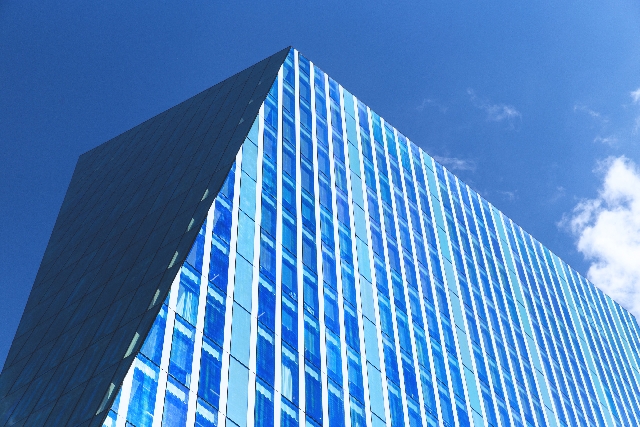






















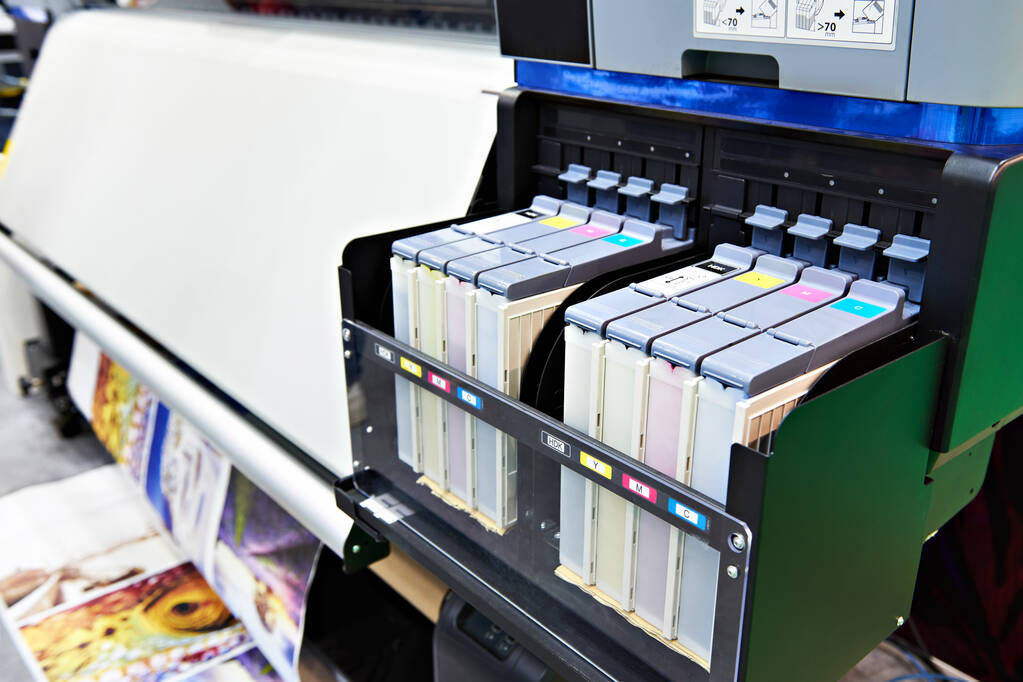





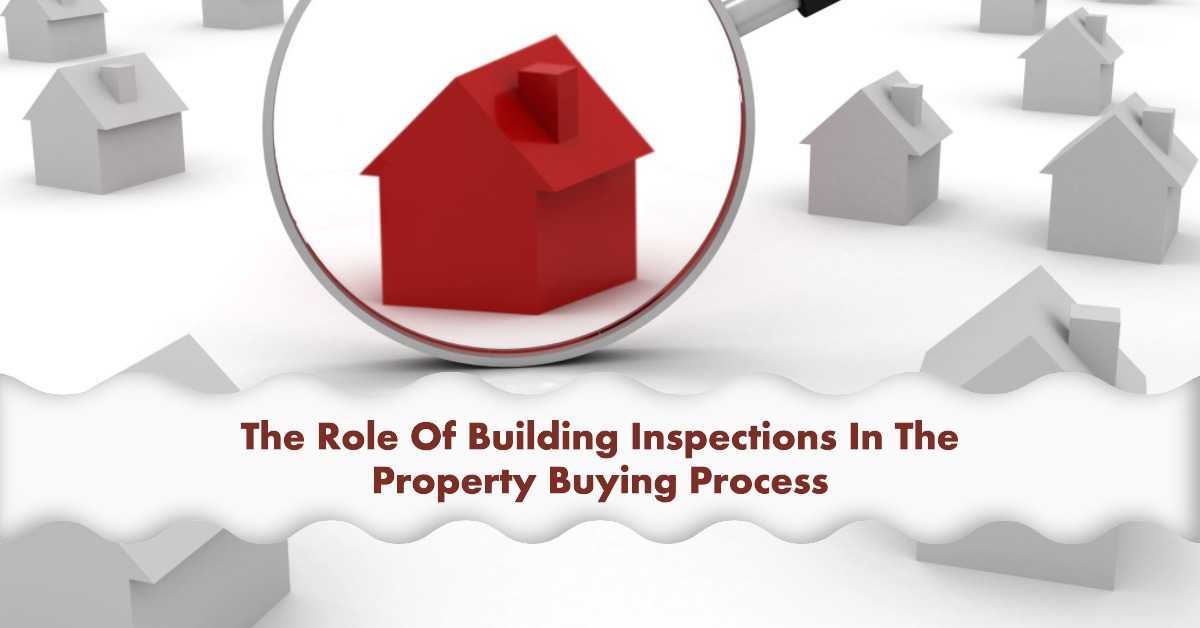












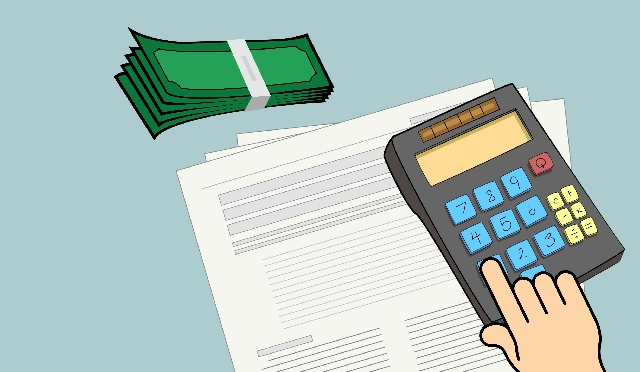
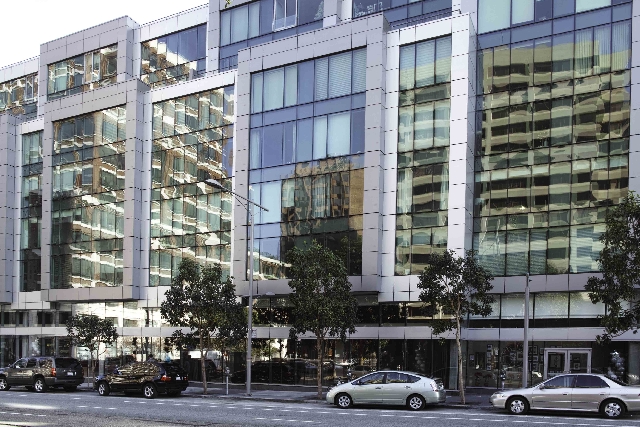


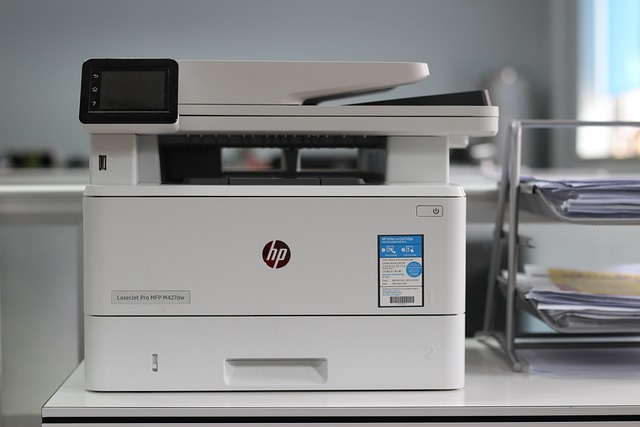























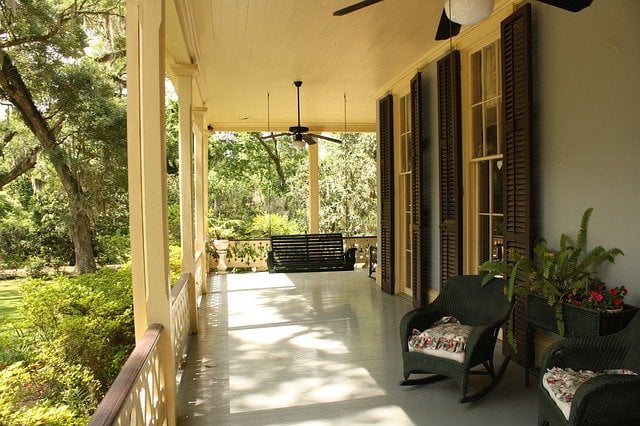

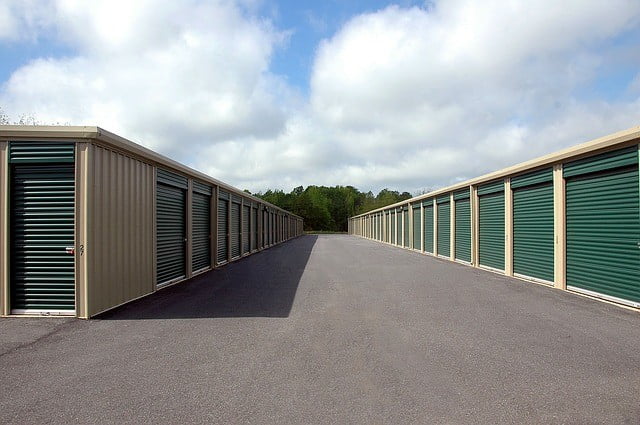
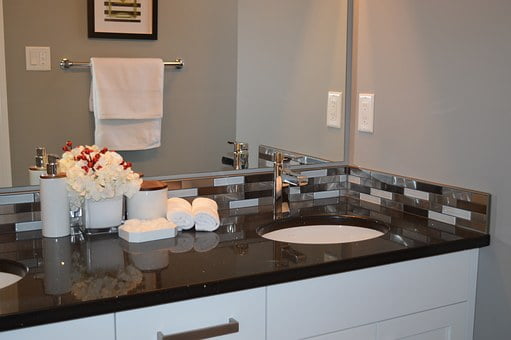

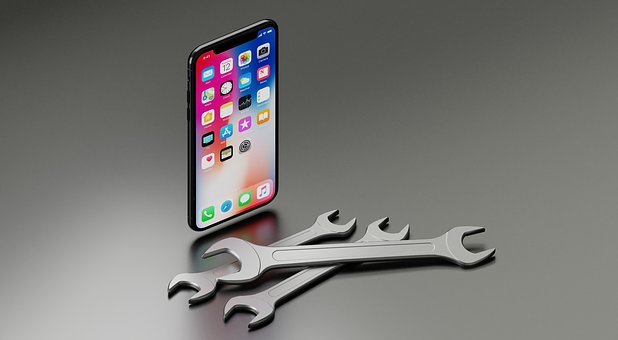
0